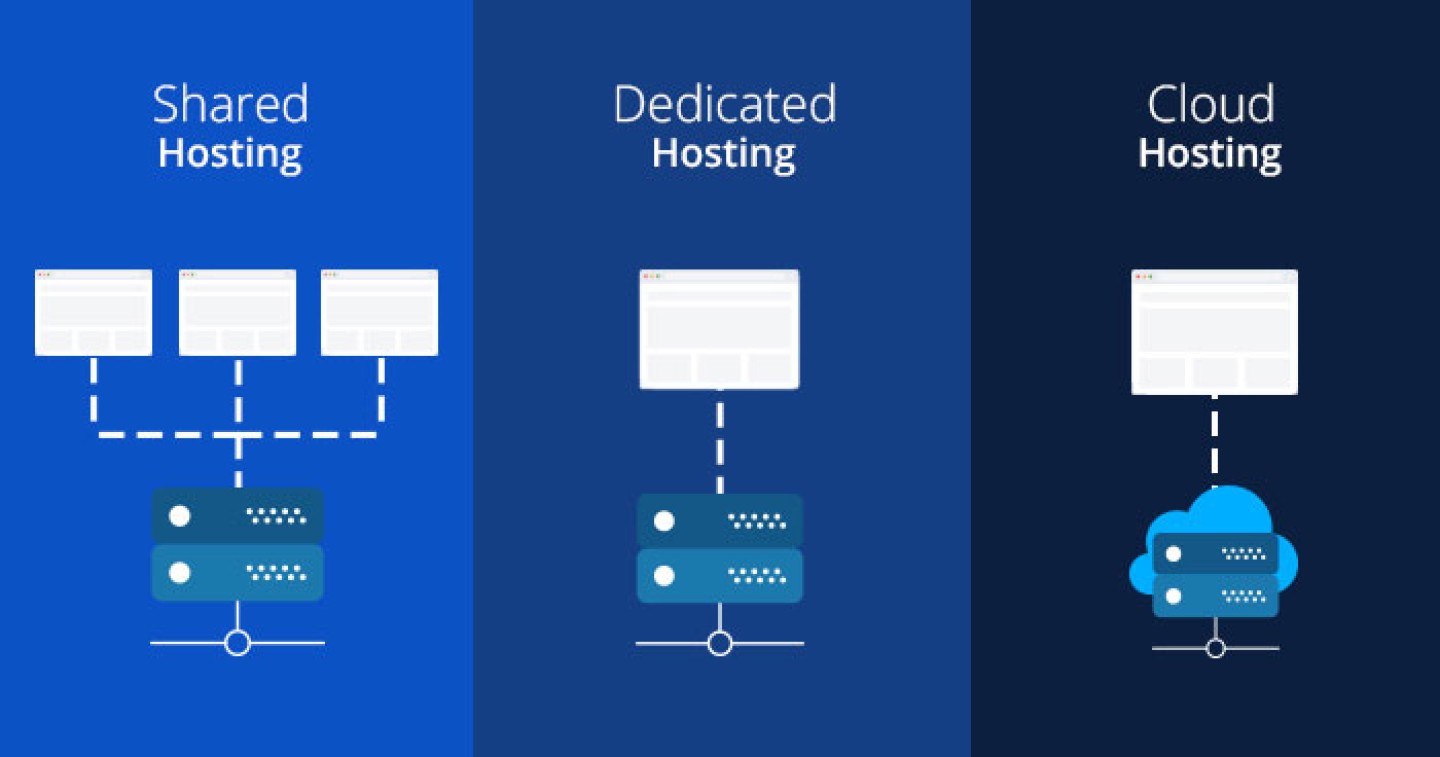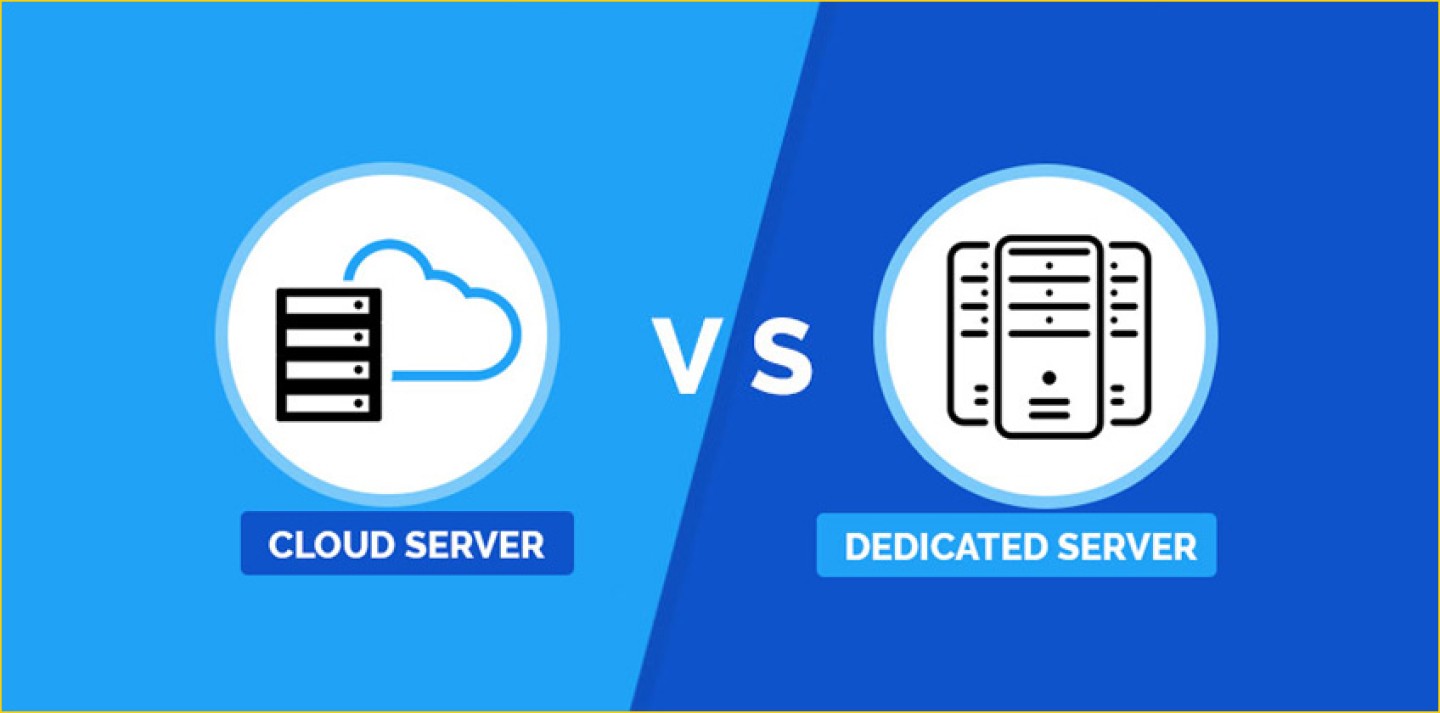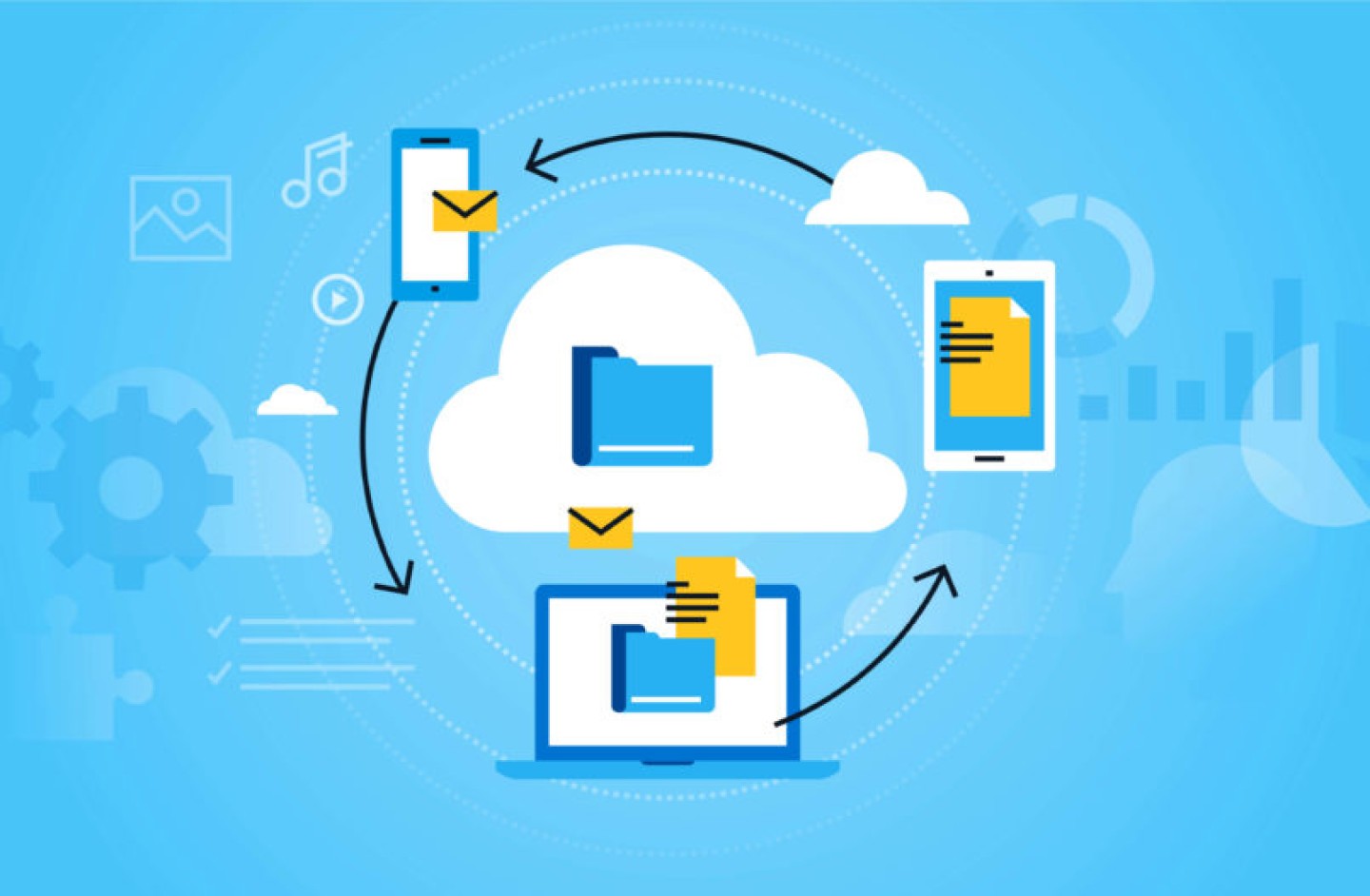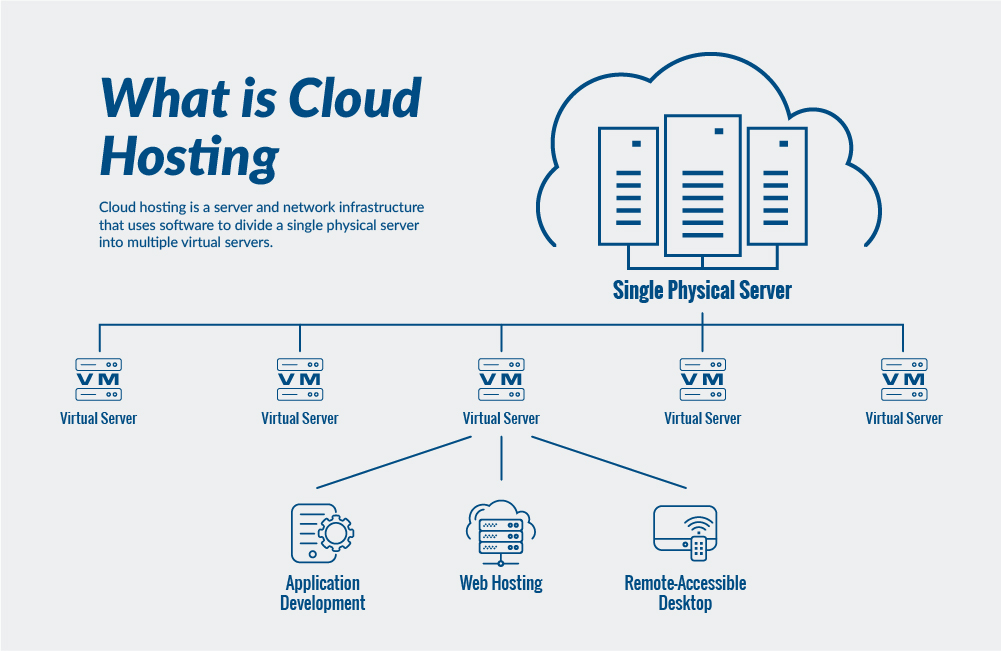The Dedicated Server is a physical server with dedicated hardware. The available resources are not shared with other customers. All of the hardware resources are available to you. Any sensitive data on these servers is therefore extremely well protected. The Dedicated Server is billed to the minute.
You can delete the server at any time if you no longer need it. This server is particularly good if your applications require particularly high performance or if you need to expand your server infrastructure for short-notice and/or short-term marketing campaigns or seasonal business.
The Cloud Server is a virtual server that offers high scalability in addition to dedicated resources. This server is well suited for both simple and highly complex projects. You can adjust the available resources at any time. These resources are billed to the minute.
You have access to a range of functions, for example, the ability to create images that you can use to recover the server or create additional Cloud Servers, or the option to create private networks to divide your existing network into multiple logical subnetworks.
The most important differences between the Cloud Server and the Dedicated Server are listed below.
| CLOUD SERVER | DEDICATED SERVER | |
|---|---|---|
| Type of infrastructure | Virtual servers with dedicated resources | Dedicated server |
| Root access | Yes | Yes |
| Configuration | Scalable at any time | Cannot be changed because dedicated hardware is used |
| Shared storage | Yes | Yes |
| Load balancer | Yes | Yes |
| Private network | Yes | Yes |
| VPN | Yes | Yes |
| User administration | Yes | Yes |
| Role administration | Yes | Yes |
| API | Yes | Yes |
| Image creation | Yes | Planned |




Recent Comments